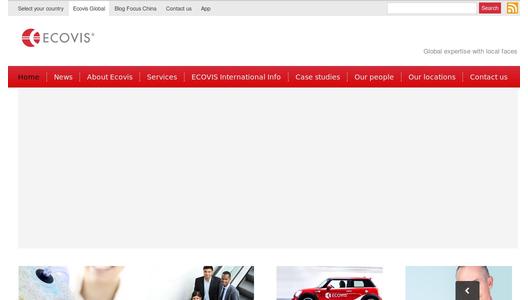Malaysia to be the first to legislate ECF in the region
Malaysia is the first ASEAN country to have a legal framework on ECF. In February 2015, the Securities Commission of Malaysia (“SC”) issued the guidelines on Regulation of Markets under Section 34 of the Capital Markets and Services Act (“CMSA”) to regulate ECF in Malaysia. On 11 June 2015, the Securities Commission of Malaysia announced the approval of operations of 6 ECF operators in the country. Theywere selected from a list of 27 applicants. The move has opened up a new alternative fundraising channel for businesses in Malaysia. ECF as a new form of fundraising is expected to be fully rolled out by the end of 2015.
Who can raise funds on the ECF platform?
Locally incorporated private companies (other than exempt private companies) with a paid-up capital not exceeding RM 5 million and a strong business structure can fund their ventures through ECF, except for:
- commercially or financially complex structures (i.e. investment fund companies or financial institutions)
- public listed companies and their subsidiaries
- companies with no specific business plan or where the business plan is to merge or acquire an unidentified entity (i.e. blind pool), and
- companies that propose to use the funds raised to provide loans or make investments in other entities.
The RM5 million capital threshold shall apply to any issuer who is already hosted on an ECF platform. Upon meeting the RM5 million threshold, the issuer will no longer be eligible to raise more funds through the ECF platform. Moreover, the issuer shall not be allowed to be hosted concurrently on multiple ECF platforms.
Investors
The following are the persons who are permitted to invest on the ECF platform:
- retail investors: the maximum investment amount is limited to RM5,000 for each project with a total amount not exceeding RM50,000 per investor per year.
- angel investors: the maximum investment amount is limited to RM5,000 for each project with a total amount not exceeding RM500,000 per investor per year.
- sophisticated investors: there is no restriction on the investment amount.
Punishment for fraud committed in crowdfunding activities
As stipulated under Section 179 of the Capital Markets and Services Act, a company that is found to have committed any fraud in crowdfunding activities would face a jail term of not more than 10 years or face a minimum fine of RM1 million.
Many more pluses
Advantages of crowdfunding
- Crowdfunding can help to hedge against risks especially when starting up a company in which there are always expenses that can hardly been foreseen.
- Crowdfunding is a method to fund a venture which can be done without the need to give up equity or accumulating debt. Crowdfunding is a viable avenue through which investors can access investment opportunities.
- No participation fee is needed to participate in crowdfunding. If an enterprise fails to achieve its goals, there will be no penalty imposed.
- Crowdfunding gives an enterprise the ability to pre-sell products that are not introduced to the market yet. This is a good means of approach to survey and analyse the market before making further investment.
- Crowdfunding makes fund-raising easier and convenient to initiate because it is cheaper and has lower opportunity costs. Capital can be raised more quickly as compared to the conventional method as it is not necessary to compile a lengthy disclosure document.
Disadvantages of crowdfunding - Crowdfunding is not for every company. For instance, low-growth businesses and businesses in the early stages of development are generally not suitable.
- Venture capitalists will be discouraged from future funding as they may not be interested in investing in enterprises which are attached to a crowd of investors.
- It can lead to fraud through misuse of funds.
Conclusion
Last but not least, it should be recognised that the introduction of an ECF platform may encourage the growth of small enterprises in innovative business areas.
“Locally incorporated private companies with a paid-up capital not exceeding RM 5 million and a strong business structure can fund their ventures through ECF.”
Joeuena Chow, Head of Assurance Team of JB office, Kuala Lumpur, Malaysia, joeuena.Chow@ecovis.com

